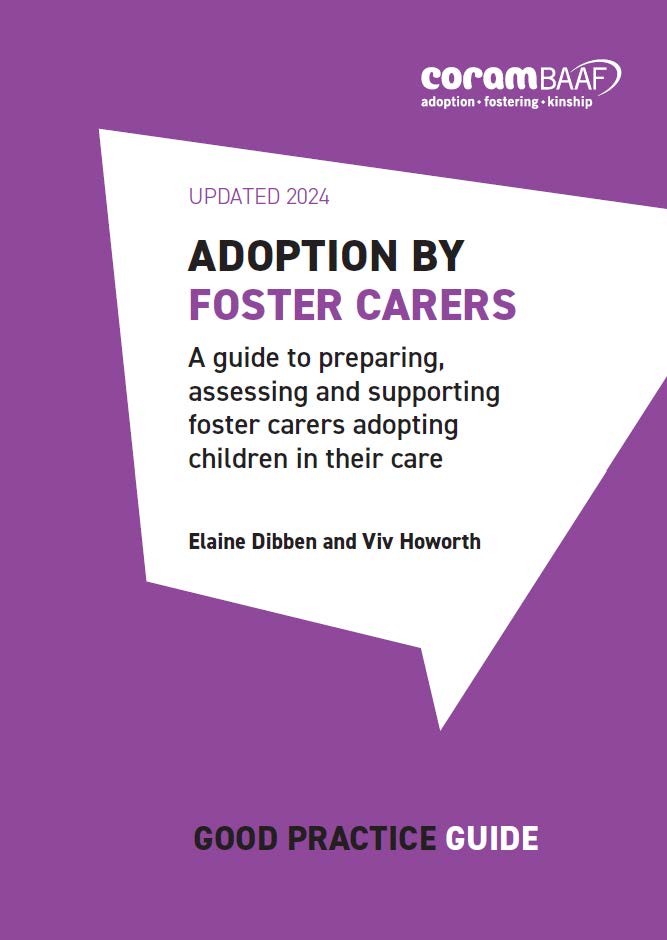
Adoption by foster carers
£20.99
Recent years have seen a small increase in the number of children being adopted by their foster carers. But this is a practice that has attracted controversy and divergent views prevail. This practice guide explores some of the issues behind the contradictory views. It challenges practitioners to reflect on the “practice wisdom” that has previously steered practice in this area and invites a more child-centred and open-minded approach
Adoption by foster carers addresses several questions: Do children adopted by their foster carers experience more stable placements? What are the factors facilitating adoption by foster carers and what are the barriers? How should foster carer adopters be prepared, assessed and supported? And what about “matching” –how does it apply if the child is already living with the carers? The guide explores the benefits and challenges of foster carers adopting - for the carers, children and agencies involved - and illustrates these with case studies and first hand accounts. The appendices contain useful forms and checklists.
The guide makes a powerful case for considering foster carers adopting children in their care as a resource that can offer stability and permanence, supported by research evidence and the experiences of agencies, practitioners and carer adopters.
This book is for frontline workers and managers who are looking to explore and expand the range of placement options for children.
Read the contents page and introduction
AVAILABLE AS AN EBOOK ONLY
This title is available in digital-only format for immediate access. Purchases are held in your own personalised online library and accessed via your browser or through the app on your phone or tablet.
Questions about eBooks? Check out our FAQs
Reviews
This is a comprehensive and coherent guidebook, which, in itself, makes it a highly useful resource for social workers and managers in the field...Dibben and Howorth do real justice to this topic and have created a highly valuable and useful tool that actively supports good practice. Further, their work comes across as a piece of advocacy, with vulnerable children clearly in mind and a focus throughout.
Jessica Spenceley, Independent Social Worker, Seen and Heard 26:3
